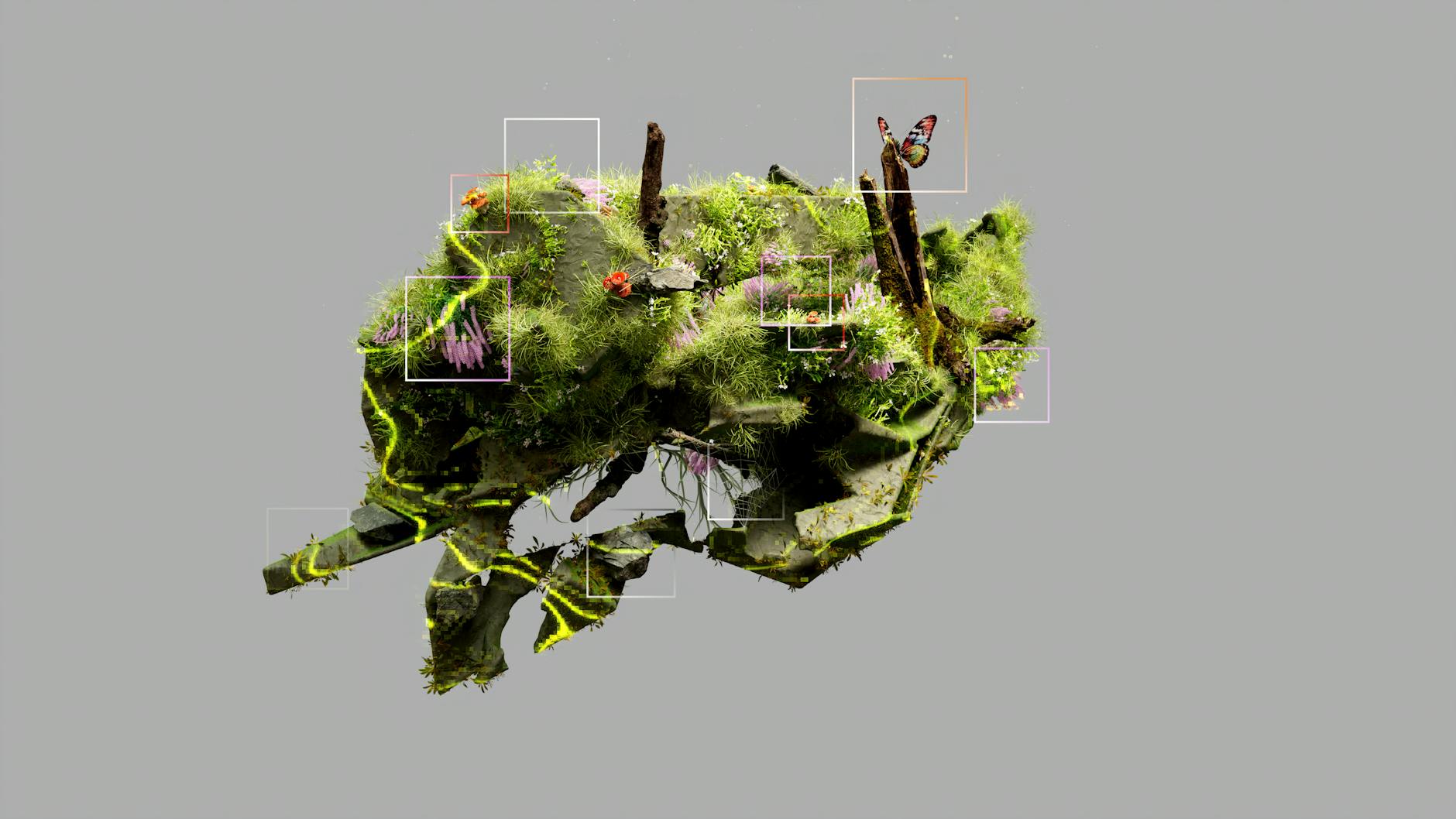The Gold Standard Illusion: Why AI’s Math Olympiad Win Isn’t What It Seems

Introduction: Google’s announcement that its advanced Gemini Deep Think AI achieved a “gold-medal standard” at the International Mathematical Olympiad is undoubtedly impressive. Yet, in an era saturated with AI hype, it’s crucial to peel back the layers and critically assess what this particular breakthrough truly signifies, and more importantly, what it doesn’t.
Key Points
- The achievement highlights AI’s rapidly advancing capabilities in highly specialized, formal problem-solving domains.
- This success could accelerate the development of specialized AI tools for formal verification and automated theorem proving, particularly in software engineering and cryptography.
- The “gold medal” is a testament to narrow AI prowess in a closed system, not a broad indicator of general mathematical reasoning or real-world problem-solving adaptability.
In-Depth Analysis
Google’s report of Gemini Deep Think’s performance at the IMO—solving five out of six problems for a “gold-medal” score—is certainly a technical feat worthy of note. The IMO presents exceptionally difficult, multi-step problems in abstract domains like number theory and combinatorics, traditionally requiring deep human intuition, logical rigor, and creative problem-solving. Last year’s “silver-medal” performance by DeepMind’s AlphaProof and AlphaGeometry 2 was already a significant milestone, suggesting AI was beginning to grapple with the complexities of formal mathematical reasoning. This year’s improvement demonstrates a clear trajectory of progress within this specific niche.
The “how” behind this success likely involves a highly optimized blend of large language models for understanding and generating mathematical text, coupled with advanced symbolic manipulation systems, formal verification tools, and perhaps reinforcement learning to explore proof spaces. It’s not simply “doing math” as a human might; it’s about navigating an intricate landscape of definitions, axioms, and theorems with unprecedented speed and precision. The ability to perfectly solve these problems suggests a robust capacity for chaining together logical deductions, identifying subtle patterns, and constructing proofs that are verifiable by human experts.
However, the real-world impact and broader implications demand a skeptical eye. While the problems are indeed hard, they are also perfectly defined, with unambiguous correct answers and a finite (albeit vast) solution space. This is a crucial distinction. Real-world mathematical problems, especially those faced by researchers, engineers, or scientists, often begin with ill-defined parameters, incomplete data, and require the formulation of the problem itself, not just its solution. An AI excelling at IMO is akin to a grandmaster in chess; it masters a specific, complex game under predefined rules. It doesn’t necessarily mean it can invent a new game, understand the emotional nuances of playing, or apply its strategic thinking to, say, designing a city’s infrastructure from scratch. This breakthrough is a powerful demonstration of computational reasoning within a highly structured environment, not necessarily an AI that “thinks” or “reasons” about mathematics in the human sense. The resources required—massive computational power, specialized datasets, and expert human curation for training—are likely immense, positioning this more as a showcase of Google’s R&D muscle than a broadly accessible tool in its current iteration.
Contrasting Viewpoint
While the “gold medal” makes for a compelling headline, a more grounded perspective reveals several limitations. Critics, or indeed rival AI developers, might argue that this achievement, while technically impressive, represents a pinnacle in a rather narrow alley of AI research. It’s an AI excelling at problem-solving within a pre-defined framework, not problem-finding or concept creation. Mathematics, at its highest levels, involves intuition, aesthetics, and the ability to formulate new conjectures, create new fields, and ask questions that no one has yet conceived. Gemini Deep Think, for all its prowess, didn’t discover a new prime number theorem or invent a novel branch of algebra; it solved existing puzzles. Furthermore, the immense computational cost and specialized training data required to achieve this level of performance make it a “luxury AI.” Its immediate practical applications beyond niche academic research tools are unclear. It doesn’t mean AI can now replace mathematicians, but rather that it can augment certain highly specific, verifiable tasks. The “human touch”—the messy, intuitive, sometimes flawed but ultimately creative leap that characterizes true mathematical insight—remains firmly in the human domain.
Future Outlook
In the next 1-2 years, we can expect to see continued specialization in AI for mathematical applications. Gemini Deep Think’s success could pave the way for more sophisticated automated theorem provers, formal verification tools for complex software and hardware, and perhaps even AI-assisted discovery of new mathematical conjectures that human mathematicians then verify. Imagine a future where an AI could efficiently check the correctness of proofs or even suggest intermediate steps in complex derivations, significantly accelerating research in pure mathematics or areas like cryptography. However, the biggest hurdles remain generalization and cost-effectiveness. Moving beyond the structured environment of the IMO to the unstructured, often ambiguous problems of real-world science and engineering is a monumental leap. Furthermore, reducing the colossal computational footprint and making these sophisticated tools accessible to a broader range of researchers, not just those with Google-scale resources, will be critical for their widespread adoption. The dream of AI independently creating groundbreaking new mathematics, rather than solving existing problems, is still a distant one.
For more context on the ongoing debate about true AI intelligence versus specialized performance, see our deep dive on [[The Illusion of AI Generalization]].
Further Reading
Original Source: Advanced version of Gemini with Deep Think officially achieves gold-medal standard at the International Mathematical Olympiad (DeepMind Blog)